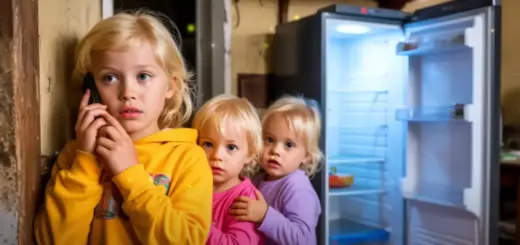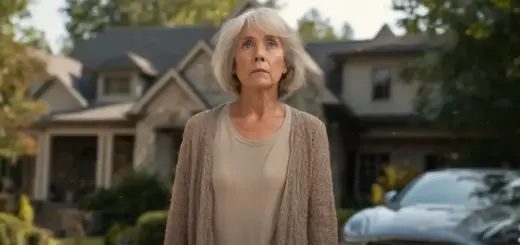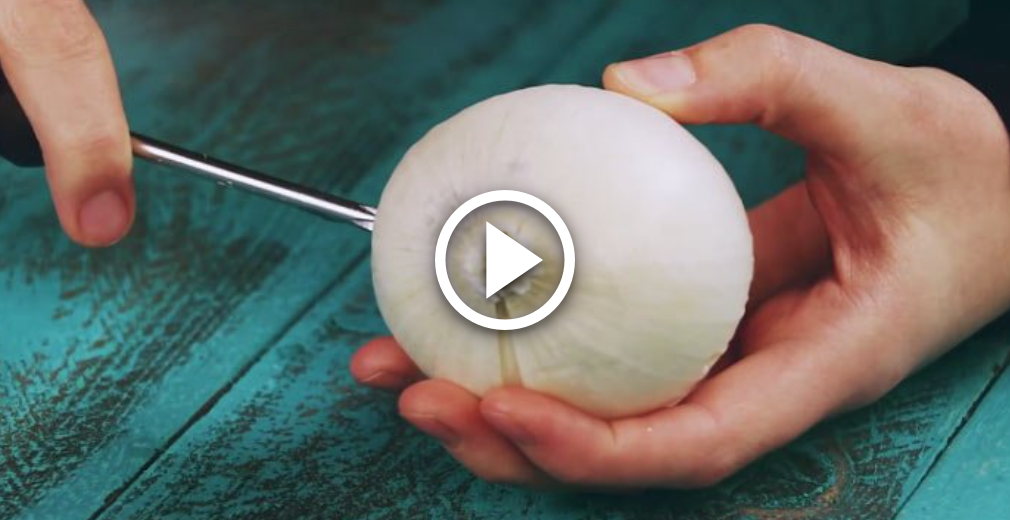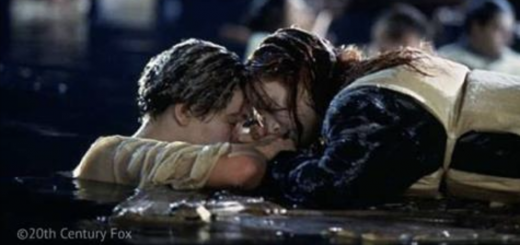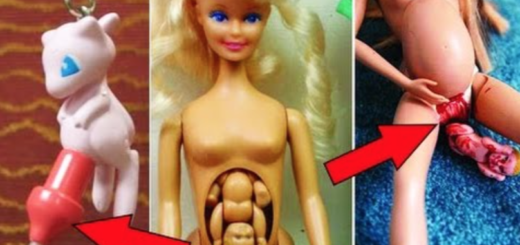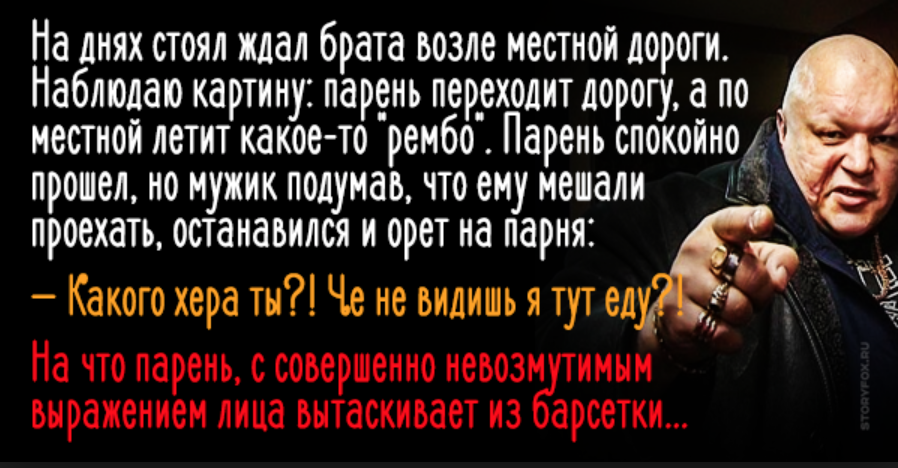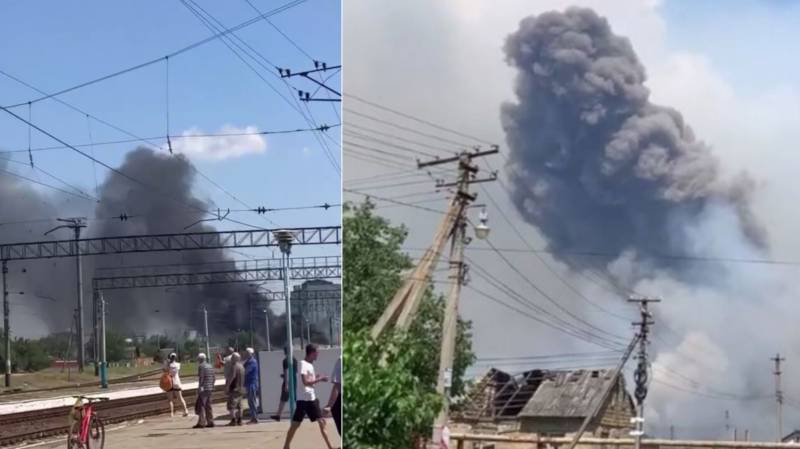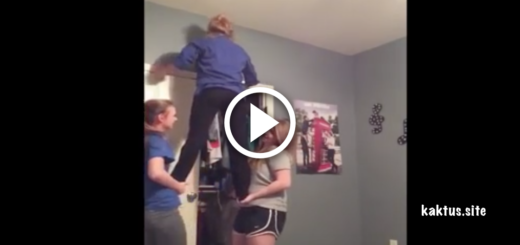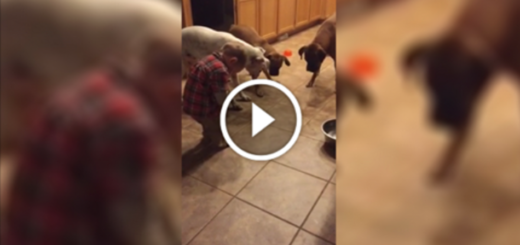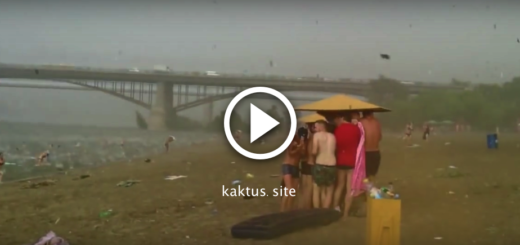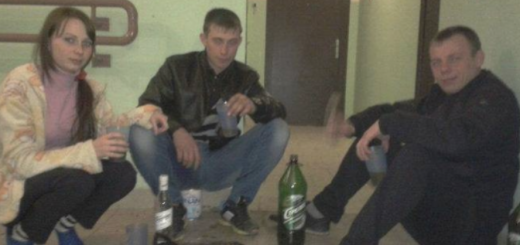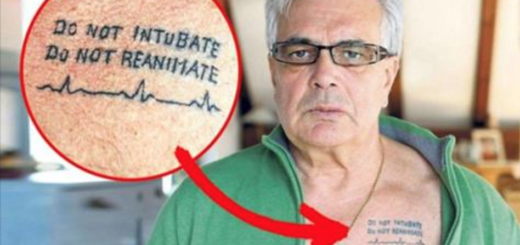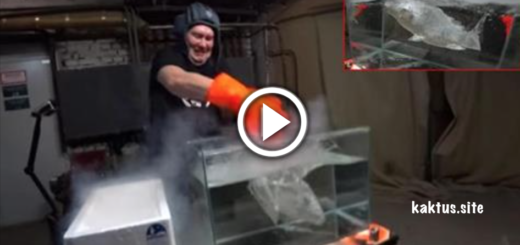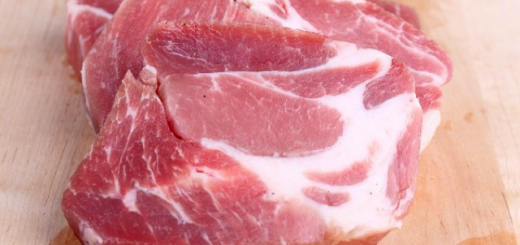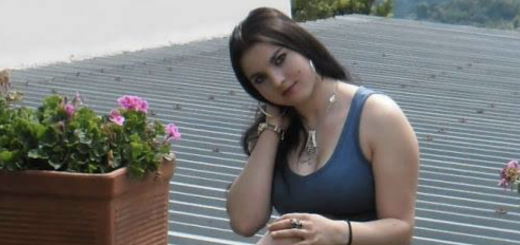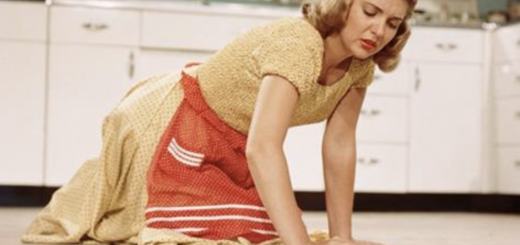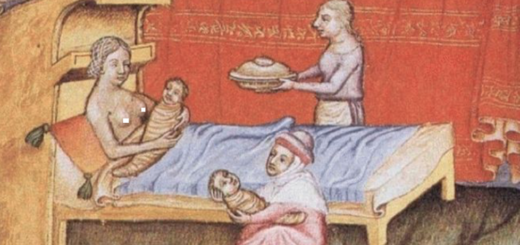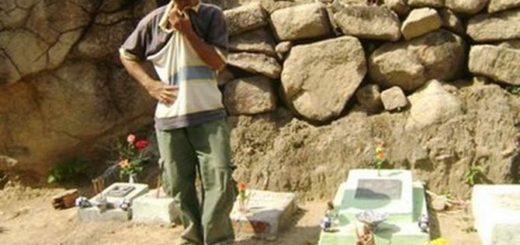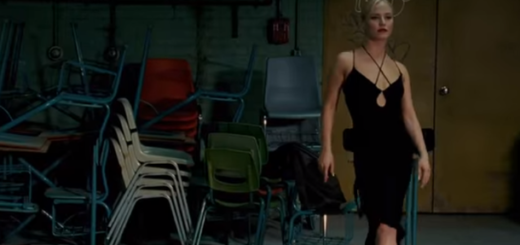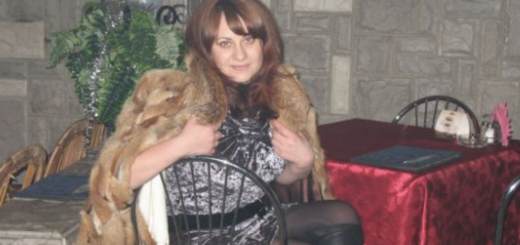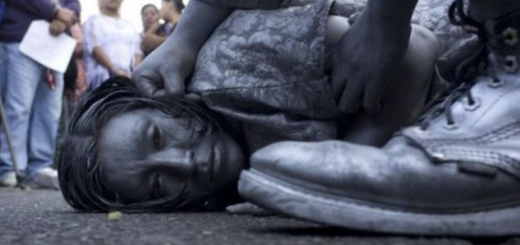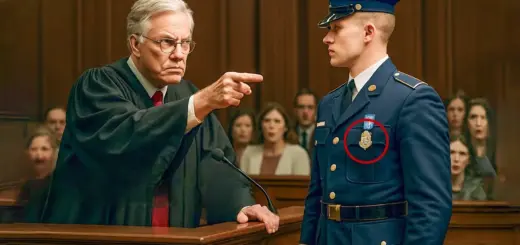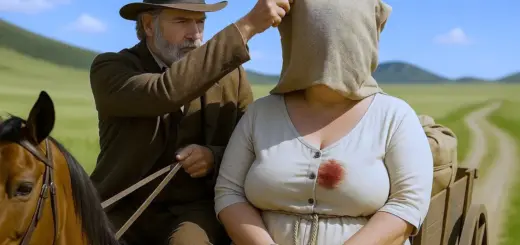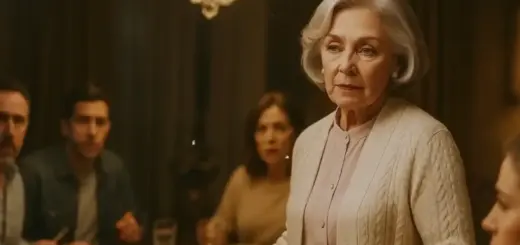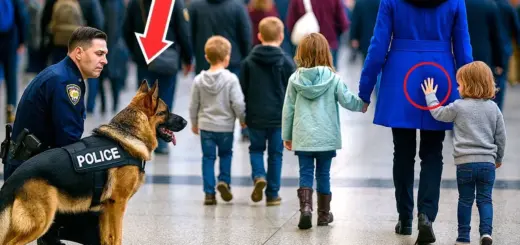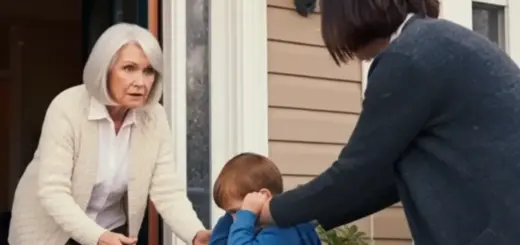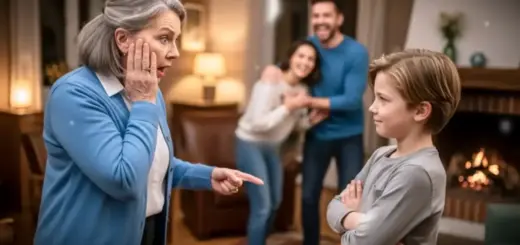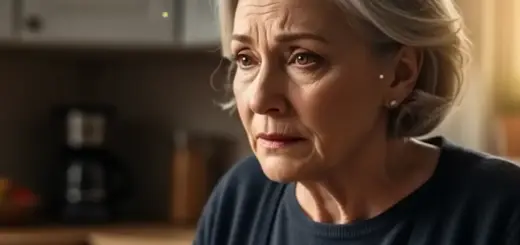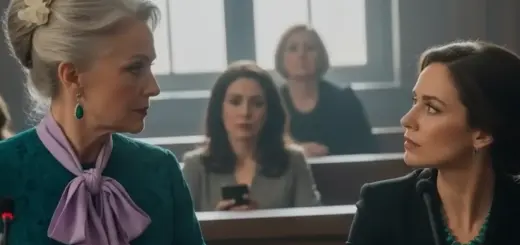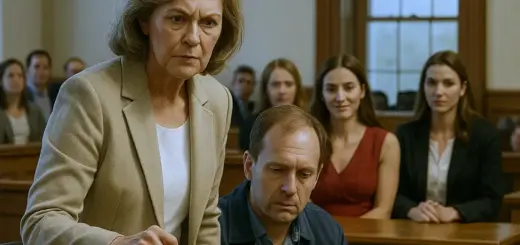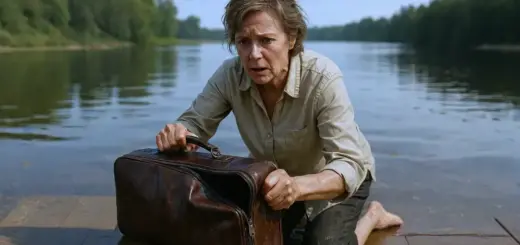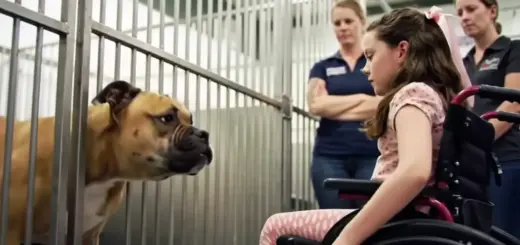When the mountain man lifted the sack from his bride’s head, he expected shame, not beauty that could melt the frost in his heart. The wind howled down from the Montana peaks, sharp and dry, carrying flecks of ice that bit through the seams of Mara Lawn’s worn coat. She stood among the line of women in the muddy yard behind Silas Dobbin’s trading post, her hands clasped tight before her.
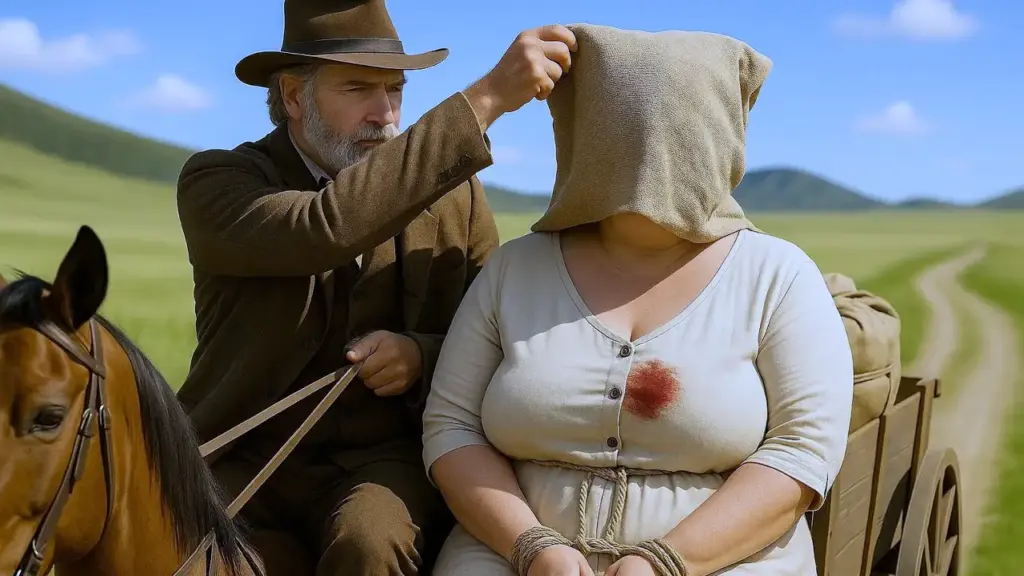
The smell of horses, smoke, and damp wool clung to the air. Every woman here had been brought for one purpose: to be sold or chosen. Mara had not chosen this fate.
She had been sent here after her uncle, tired of feeding a girl with no dowry and no charm, signed her name to the mail-order registry. Her photograph had been refused more than once. Then, after months of silence, Silas Dobbin’s wrote her a curt note: «A man’s willing to take you. Come quick before he changes his mind.»
And so she came, face covered, heart trembling, head bowed beneath a rough burlap sack that kept the world out and the shame in.
Inside the trading post, voices murmured, boots scraped against the plank floor, and men haggled over flour, bullets, and tobacco. One voice rose above the rest, deep, quiet, and deliberate—Elias Wren. The mountain man had ridden down from his cabin high in the pines that morning, his coat lined with fur and snow still clinging to his hat-brim.
His beard was streaked with frost, and his eyes were the kind that seemed to see through everything: through distance, through silence, through pretense. He hadn’t meant to stop at the auction. He’d come for salt and lamp-oil, maybe some sugar for his little homestead.
But when he stepped inside and saw Silas Dobbin smirking behind the counter, gesturing toward a line of trembling women, something in his chest tightened.
«Another batch from the east,» Silas drawled. «Girls who thought they’d find gold or romance. Now they just want a roof.»
Elias said nothing. He looked over the women. Most of them looked away. But one didn’t. One stood with her hands clenched before her, and her face hidden by a coarse sack tied beneath her chin.
«She ain’t for show, that one,» Silas snorted when he saw Elias looking. «Face like that’d send a man running for the hills. You don’t want her.»
Elias’s brow creased. «Then why’s she here?»
«Family sent her. Said she eats more than she’s worth.» Silas laughed, then leaned close. «But she can work, they say. Strong-back, quiet type. Might suit a man who don’t care what’s under the sack.»
The words hit Mara like a slap, but she kept still.
Elias’s voice was low. «And what happens if no one picks her?»
Silas shrugged. «Then she gets sent back east, or put to work in the kitchens. Either way, not my problem.»
A silence fell. The fire crackled. Outside, the wind screamed.
Then Elias said softly, «How much?»
Silas blinked. «You’re serious?»
Elias dropped a small leather pouch on the counter. Silver coins clinked. «That’ll do.»
Mara barely understood what was happening until Silas grabbed her arm and shoved her forward. «Take your husband, sweetheart. You just got bought.»
Her knees trembled. She tried to speak, but her throat was dry.
Elias stepped closer, his coat brushing hers, the warmth of him startling against the cold. «Can you ride?» he asked.
She nodded once beneath the sack.
«Then we’ll go,» he said simply. «Storm’s rolling in.»
They rode in silence for hours. The sky grew bruised with evening, the snow falling thicker until the world turned white and soundless. Mara’s fingers ached from clutching the reins. She didn’t know where they were going, only that she was leaving everything she’d known behind, and following a stranger who’d bought her without even seeing her face.
Elias finally slowed his horse beside a narrow river, half frozen, winding through the trees. A small cabin stood nearby, smoke curling faintly from its chimney. He dismounted, tied the horses, and helped her down. His hand was rough but steady, the kind of hand that had built everything he owned.
«Inside,» he said gently. «You’ll freeze out here.»
She stepped into the cabin. A single room with a stove, a table, a bed in the corner, and a cradle she hadn’t expected to see. The air smelled of pine resin and bread.
«You— Have a child?» she asked, her voice barely a whisper under the sack.
«A boy,» Elias said, hanging up his coat. «He’s with Mrs. Crowell in town till the weather eases. Been sick.»
Something in his tone, weary, protective, made her chest ache. He turned toward her then, his expression unreadable. «You can take that thing off if you want.»
Her hands froze on the knot behind her head. «You—you don’t want to wait till morning?»
He shook his head slowly. «You’re here now. I’d rather know who I’m talking to.»
For a moment she stood still, heart pounding, breath shallow. Then she untied the string. The burlap slipped away, falling to the floor like the last wall between her and the world.
Elias looked at her. He didn’t flinch, didn’t frown, didn’t say a word. His eyes softened, and he took a single breath as though the wind itself had stilled.
Mara’s face, pale and dusted with freckles, was delicate yet strong, framed by hair the colour of chestnut bark. Her eyes were grey-blue, wary, uncertain, but alive.
She lowered her gaze, bracing herself for mockery or disappointment.
Instead, Elias said quietly, «You can cook, they said.»
She blinked, startled. «Yes, sir, I can.»
He nodded, as though that was all that mattered. «Then let’s start there. You make supper, I’ll stoke the fire.»
And that was all. No laughter, no judgment. For the first time in years, someone saw her: not the girl under the sack, not the unwanted niece or the rejected bride, but a woman with hands that could make warmth in a cold place.
Outside the wind roared over the mountains, but inside the cabin, for the first time, Mara felt something stir that she hadn’t dared feel in a long time—hope.
The snow came hard that night. It beat against the cabin roof like handfuls of gravel, howling through the cracks in the window-frame. Elias had added another log to the stove, the orange glow casting shadows across the rough-hewn walls. Mara sat quietly near the table, peeling potatoes with a small knife he’d handed her earlier.
Neither spoke for a while. The only sounds were the pop of the fire and the soft scrape of the blade against the potato-skins. Elias moved with the ease of a man used to silence, while Mara moved with the care of someone afraid of breaking it.

